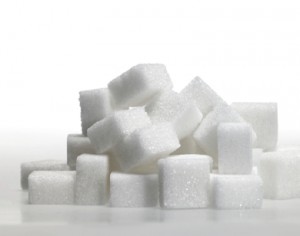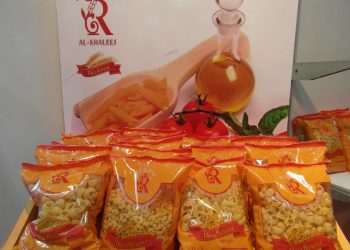Tripoli, 28 September:
Life in Libya is a great deal . . .[restrict]sweeter since the fall of Qaddafi. Imports of sugar appear to have doubled as people indulge in their love of sweet things.
Indeed, for some years Libyans have recorded twice the per capita global average of sugar consumption.
“Libyan figures are traditionally pretty high at about 46 kilos per head per year” Sergey Gudoshnikov, senior economist for the International Sugar Organisation (ISO) told Libya Herald, “ as against the world average of 24 kilos, nearly twice as high .”
Although Gudoshnikov said this figure was “very close to the level of consumption in the neighbouring Morocco, because North Africa is a region with high per capita consumption as against world averages,” he added, “I wouldn’t be surprised if Libya ends up among the top 20 highest consumers, in terms of per capita consumption.”
The country imports all of its sugar which, in 2010, amounted to some 290,000 tonnes. However, statistics lead Gudoshnikov to speculate that: “Probably the previous regime tried to build up some stocks of sugar, expecting the possible destruction of the supply chain, because 2010 imports were higher than consumption.”
In 2011, too, consumption was down, collapsing to about half of the previous year’s figures, as did imports.
Gudoshnikov explained: “Last year the figures were considerably lower than usual because for seven or eight months, no single import terminal worked normally in the country.”
The suspected Qaddafi stockpiles doubtless proved useful in buoying up the country’s sugar consumption during the revolution. Even since the fall of the old regime, it has taken time to get imports back on track. There have been reports that the country’s sugar intake has continued to be bolstered by sugar refined in neighbouring countries and transported into Libya.
Dealers told Reuters: “There has been a sharp increase in raw sugar imports to North African countries such as Egypt and Morocco this year, some of which they believed had been trucked across to Libya after refining.”
The ISO anticipates that Libya’s import figures will soon return to normal, although with less reliance on European markets, traditionally the source of much of Libya’s sugar. The most recent figures show that Brazil was supplying the lion share of Libya’s imports, accounting for some 60,000 tonnes, with EU imports dropping to around 25,000 tonnes.
Gudoshnikov said that in general, income growth contributes to a rise in sugar consumption. Therefore given Libya’s anticipated strong economic growth, life here looks to get a whole lot sweeter.
[/restrict]







